Let’s be honest: the best apps made by women didn’t come out of a boardroom brainstorming session — they came from lived reality. From figuring out how to date without the drama, to keeping track of our health, to building safer online spaces, women founders have been designing tools that answer questions tech bros never even thought to ask. And it shows. These aren’t just “female apps,” they’re solutions that feel personal, practical, and often a little bit revolutionary.
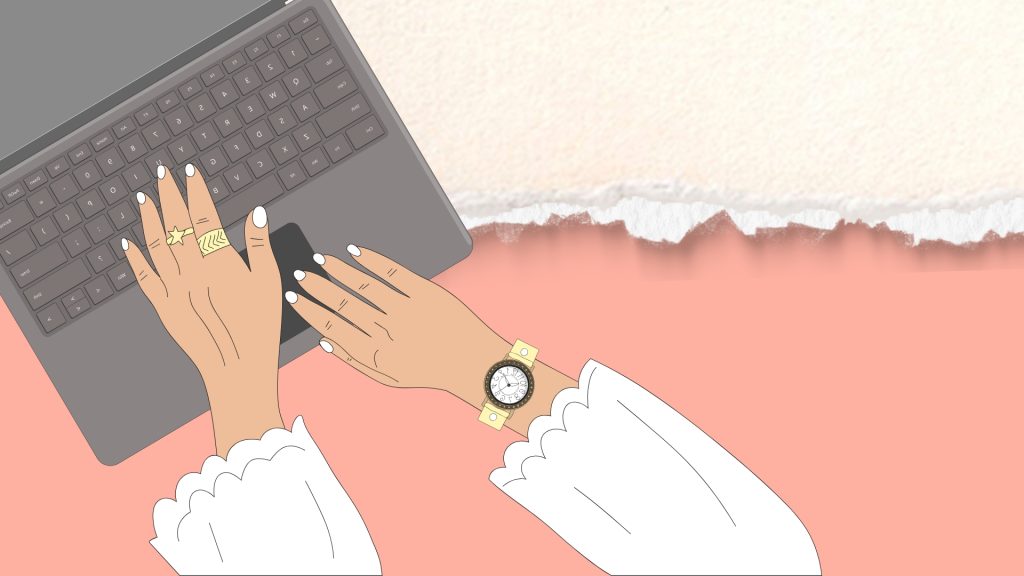
1. HER (Dating for LGBTQ+ women)
Created by Robyn Exton, HER began as a heartfelt response to the frustratingly limited dating options for LGBTQ+ women. What started as one woman’s determination to build safer, more authentic connections quickly grew into the largest app community for queer women worldwide. Unlike many dating platforms, HER prioritizes belonging over “swipe culture.” It’s not just about matching—it’s about conversations, shared experiences, and building real relationships in a space where women feel seen.
Today, with nearly four million members across 55 countries, HER represents what women-driven technology looks like when it answers a deeply personal need. It’s one of those rare apps by women founders that reshaped an entire category by asking: what do women actually want from dating? The answer, as it turns out, is safety, inclusivity, and community.
Your company taglines be damned—here, women talk. And they’re heard.

2. Bumble (Dating with Female Initiative)
Whitney Wolfe Herd didn’t just launch another dating app; she flipped the script. After her rocky exit from Tinder, she built Bumble with one simple but radical idea: women make the first move..
It sounds small, but if you’ve ever dreaded that awkward first message from a stranger, you know how huge it is. Bumble gave women a space where confidence wasn’t just allowed — it was the rule. And it worked. Millions of women signed up to date and eventually to make friends (Bumble BFF) and even network professionally (Bumble Bizz).
What started as a rebellion against the old “swipe culture” has grown into a reminder that when women build apps, the tone shifts. Respect, choice, and safety stop being “features” and start being the baseline.
Did you know this app was woman-in-command from day one? That alone feels revolutionary.
3. Rebel Girls (Empowering Stories for Young Women)
Jes Wolfe’s Rebel Girls app isn’t just bedtime stories—it’s a movement disguised as storytime. Based on the bestselling book series, the app offers inspiring tales of pioneering women throughout history, turning ordinary evenings into spark sessions for bold futures. An Apple Design Award winner, Rebel Girls combines creativity, design, and empowerment in a way only a female app could. Today, it’s a vibrant, global community of over 13 million sapphics, now part of Match Group — proof that apps made by women can grow from bedroom ideas into inclusive tech powerhouses.
For parents raising daughters, it’s a subtle but powerful antidote to a tech world that often pushes girls toward passive scrolling. Instead, Rebel Girls provides narratives of real women who dared to lead, invent, and change the world. It’s women-driven technology at its best: a tool that gives the next generation confidence and context, while proving that apps made by women can plant seeds for the future. And we all know how important it is to give encouragement for the young ladies out there.
Storytime never felt so courageous.

4. Hopscotch (Coding Through Play)
If you’ve ever felt intimidated by code, Hopscotch will change your mind—and maybe your child’s future. Founded by Samantha John and Jocelyn Leavitt, Hopscotch introduces children—especially girls—to coding through playful game design. Instead of dry tutorials, kids create their own animations and mini-games, learning logic and problem-solving without realizing they’re “doing math.”
Why does this matter? Because female representation in coding is still shockingly low. Hopscotch steps in early, showing kids that coding isn’t a closed club, it’s a creative language anyone can learn. It’s one of those apps for women by women that plants empowerment at the roots. And yes, many parents secretly wish there was an adult edition—because playful confidence-building doesn’t have an expiration date.
Now if only they made adult editions…

5. Ferly (Mindful Sex, Positive Pleasure)
Sex in the tech list? Absolutely—because Ferly is so much more than an app. Co-founded by Billie Quinlan and Anna Hushlak, it offers guided audio for mindful, affirming sex. It’s built on trauma-informed need—not clickbait—and is growing fast in the evolving femtech space.
Ferly was born from something personal. Co-founders Billie Quinlan and Anna Hushlak asked a simple question: what if sexual wellbeing felt safe, honest, and actually helpful? The app offers guided, audio-led sessions that blend mindfulness with real-life tools—confidence building, communication, healing after tough experiences.
In a space that’s still full of stigma, this is women-driven technology at its best—an app made by women that gives language to things we were never taught to say out loud.
For women embracing pleasure, self-awareness, and wellness, it’s like therapy you enjoy.
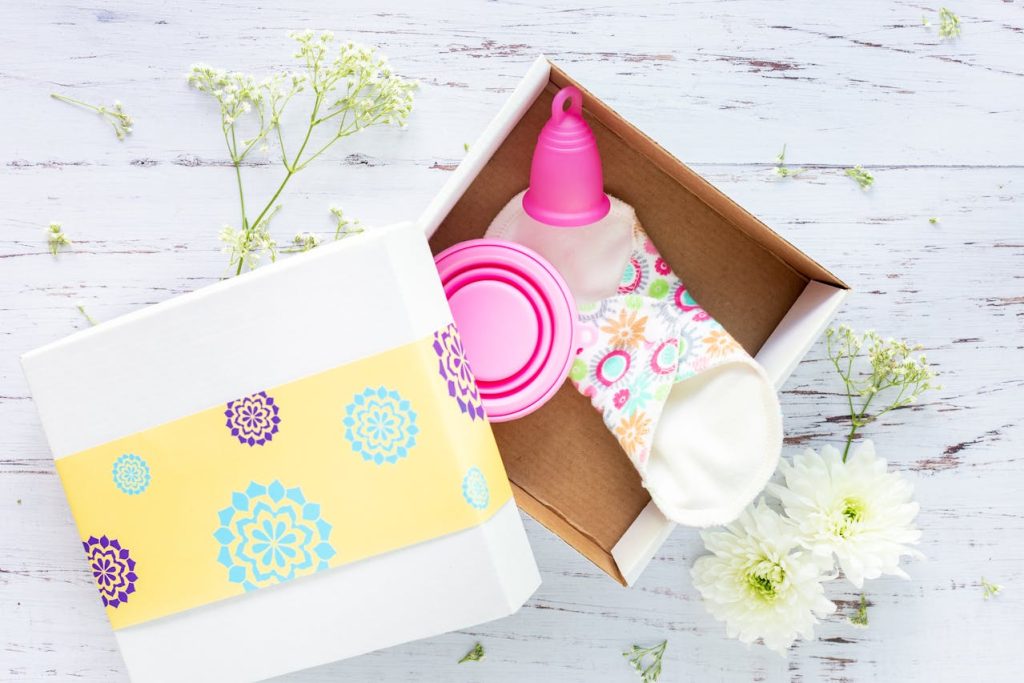
6. Clue (Period Tracking with Research Roots)
Period tracking used to mean scribbles on a calendar or trying to remember dates in your head. Clue, founded by Ida Tin, turned that chaos into clarity. And it wasn’t just about tracking periods — it was about understanding your body as a system.
The app brings science into the everyday, showing patterns in cycles, moods, and energy. It’s one of those apps for women by women that feels like it was built by someone who actually lives this reality. Tin once described her vision as “demystifying female health,” and honestly, Clue does exactly that. Instead of pink clichés and euphemisms, you get data you can trust — no sugarcoating, no embarrassment, just useful insight.
And yes, sometimes that means finally realizing why you felt like crying over a yogurt commercial last Tuesday.
Who knew your cycle could become your superpower?
Why These Apps Matter for Women
- Empathy-first innovation
These apps solve real challenges women face—from dating bias to tech intimidation—because women developers lived them.
- Diversity in design
With only 6–11% of app developers being female globally, each of these apps is a breakthrough in women-driven technology. (GAMEDESIGNING)
- Healthy skepticism matters
While strides in femtech like Clue bring hope, we must acknowledge data-security issues—as with the Flo app, where a recent California jury ruling found that Meta illegally intercepted sensitive user health data, as reported by The Verge (The Verge, 2025: ‘Meta illegally collected Flo users’ menstrual data, jury rules’).
A Personal Take: Why This Inspires Me
I remember downloading an app for productivity—overly complicated, zero charm. Then I found Hopscotch. Sure, it’s made for kids, but suddenly learning code felt like play, not like copying someone else’s dry formula. That’s the difference between apps made for women and apps made by women. They infuse our common joys—and our doubts—with real solutions.
Final Thought
Let’s see more of this. Apps made by women don’t just fill gaps—they design with care, empathy, and real understanding. These female apps go beyond functionality to spread empowerment, one thoughtful interface at a time. Whether it’s HER and Bumble reshaping how women connect, Rebel Girls and Hopscotch inspiring new generations, or femtech pioneers like Ferly and Clue offering trusted, science-backed support, these apps for women by women create safe, expressive, and powerful spaces in tech.
Though women represent only 6-11% of app developers globally, women-driven technology proves that when women lead, technology transforms—for the better. So the next time you tap, track, or connect, know that the thoughtful design behind these apps might just be changing the world.
FAQ: Apps Made by Women
1. What makes apps made by women different from other apps?
Apps made by women are rooted in lived experiences and real needs, focusing on empathy, safety, and practical solutions that often go overlooked in mainstream tech.
2. Are female apps only for women?
While designed with women in mind, these apps create inclusive, safe spaces that benefit everyone by addressing unique challenges women face.
3. What are some examples of apps for women by women that have transformed dating?
HER and Bumble are leading examples where women founders flipped dating norms by prioritizing safety, inclusivity, and giving women the initiative in connections.
4. How do period apps made by women differ from regular period trackers?
Apps like Clue bring science and lived experience together, offering clear, data-driven insights without clichés or stigma, empowering women to understand their cycles.
5. Can apps by women founders empower young girls?
Absolutely. Rebel Girls and Hopscotch inspire creativity, confidence, and learning, encouraging young girls to see themselves as future leaders and creators in tech.
6. What is women-driven technology?
Women-driven technology refers to tools and apps designed and developed by women that prioritize empathy, safety, and real-world needs of women users.
7. Why is it important to have apps made by women in femtech?
Femtech apps created by women, like Ferly, address sensitive topics with care and authenticity, helping reshape conversations around women’s health and wellbeing.
8. How do apps for women by women impact the tech industry?
They challenge traditional design biases, setting new standards that emphasize respect, inclusivity, and empowerment as baseline features, rather than add-ons.
9. What challenges do women face in tech development?
Only 6-11% of app developers worldwide are women, which means female perspectives in technology remain underrepresented—making women-made apps all the more groundbreaking.
10. How can using female apps change the user experience?
Using apps made by women means engaging with technology that truly understands your needs and creates safe, empowering spaces—sometimes, it’s the difference between a frustrating app and a life-changing one.



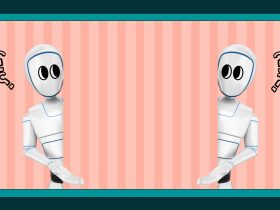

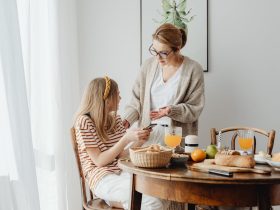
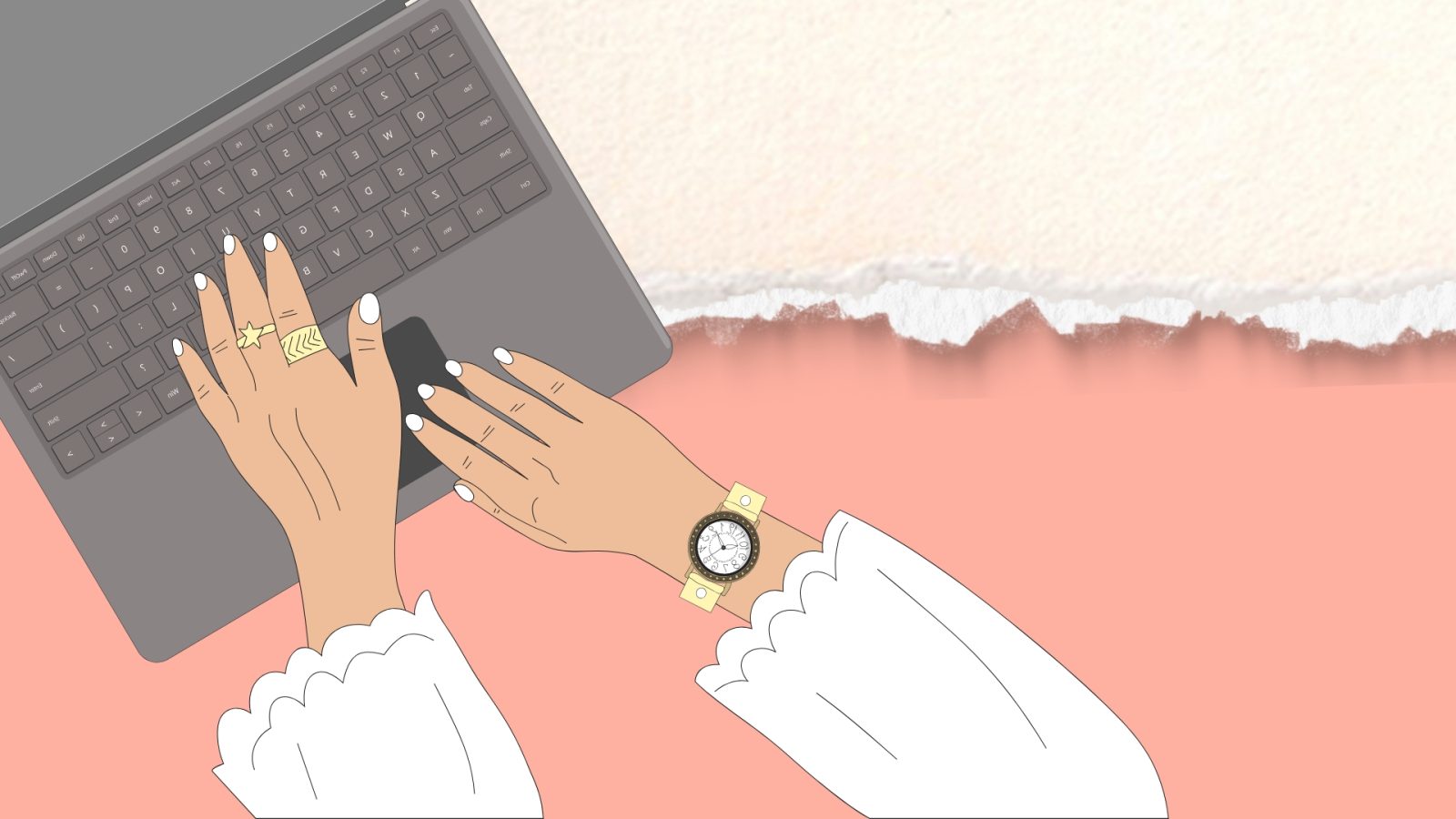
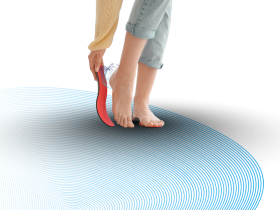


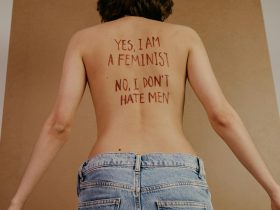
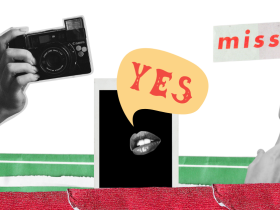
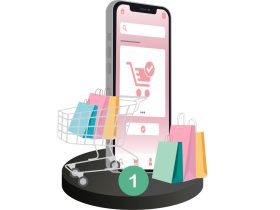
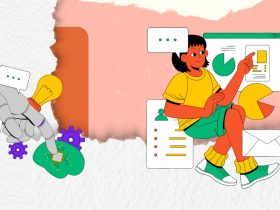
Leave a Review